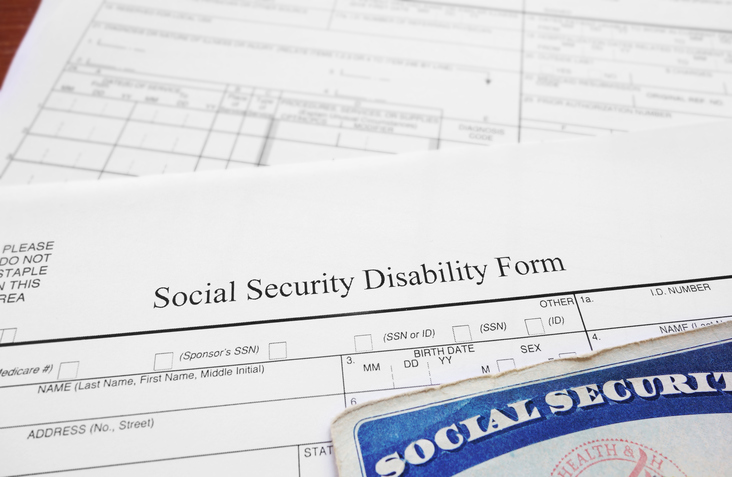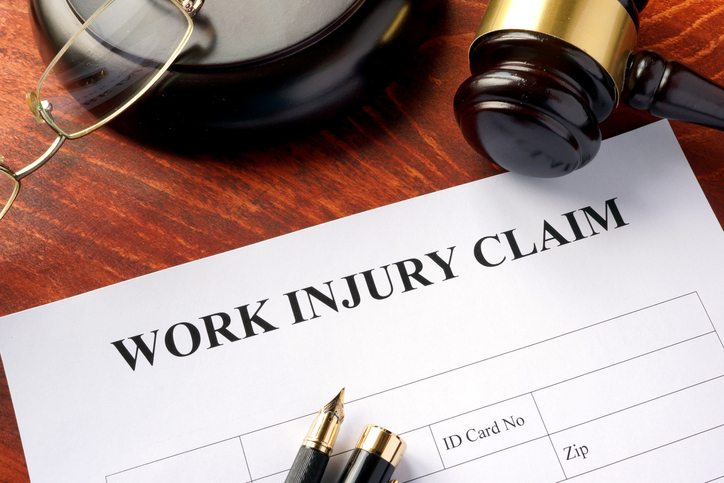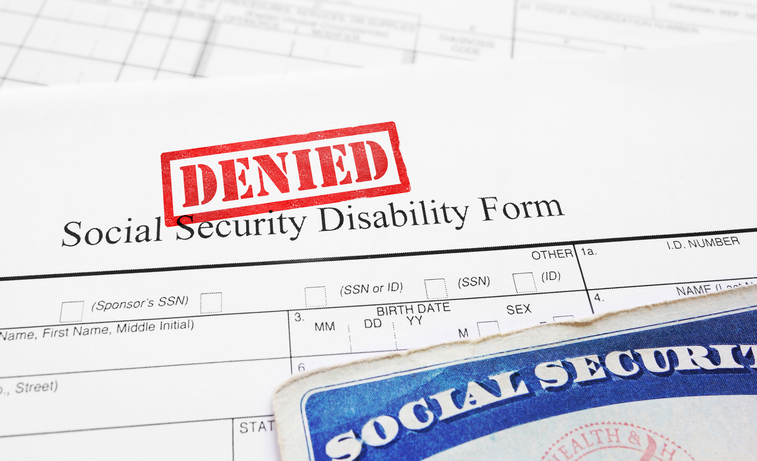Blog

What Conditions Are Considered for Disability Claims in NY?
According to New York State data, roughly 60 percent of disability claims filed under the Social Security Disability and SSI disability programs are denied because applicants fail to meet criteria. In order to qualify for disability benefits in New York, claimants must prove that their physical or mental conditions will last at least 12 months. The condition or illness does not need to be occupation-related, but it must prevent claimants from performing their normal work duties.
The Social Security Administration has an official list of medical impairments – also called the “blue book”—that qualify New Yorkers for disability benefits under the Social Security System.
Medical Conditions that Qualify You for Disability Claims
The following medical conditions are included in the Blue Book list:
- Immune system disorders — Disorders that result in chronic, multisystem impairments. These may include: rheumatoid arthritis, scleroderma, systemic lupus and HIV infection
- Cancer/ Malignant Diseases — Includes all malignant neoplastic diseases such as leukemia, lymphoma, soft tissue sarcoma and myeloma, as well as cancer of various organs
- Neurological Disorders — Impairments including epilepsy, Parkinson’s, muscular dystrophy, cerebral palsy, peripheral neuropathy and others that hamper mental and physical functioning
- Hematological Disorders – Including Sickle Cell Disease, bone marrow failure and hemolytic anemias
- Endocrine Disorders — Dysfunction of the pituitary, thyroid, parathyroid, adrenal, and pancreas.
- Skin Disorders – Including bullous diseases, Ichthyosis, hidradenitis suppurativa, genetic photosensitivity disorders, burns and chronic infections of the epidermis.
- Respiratory Disorders – Ailments that interfere with lung function, including asthma, cystic fibrosis, obstructive pulmonary disease and pneumoconiosis
- Mental Disorders – Schizophrenia, Bipolar, Anxiety, Depression, obsessive-compulsive disorder, and trauma or stress-related disorders
- Cardiovascular Impairments — Such as chronic heart failure, recurrent arrhythmias, ventricular dysfunction and chronic pain caused by myocardial ischemia
- Disorders of the musculoskeletal system – Resulting from congenital or acquired pathologic processes. May include spinal injury, soft tissue injuries, fracture of the pelvis, femur, or other extremities.
- Problems that Affect Senses/Speech – Hearing loss, blindness or partial loss of vision, and loss of speech
- Digestive System Disorders — Disorders of the digestive tract such as gastrointestinal hemorrhage, hepatic dysfunction, short bowel syndrome, and inflammatory bowel disease.
- Genitourinary Disorders — Ailments such as diabetic nephropathy, chronic obstructive uropathy, and hereditary nephropathies that can result in chronic kidney disease.
- Congenital Disorders – Those that affect multiple body systems, such as non-mosaic Down Syndrome
New York residents may still be eligible for SSDI benefits even if their illness or condition is not on the “Listing of Impairments.” As long as the condition is substantiated by medical and clinical reports and limits your residual functional capacity (RFC) thus impairing your ability to work, you may still qualify for disability benefits.
Benefits of experienced legal counsel in New York
Being represented by an experienced Social Security disability lawyer can substantially increase the chances of getting the benefits you need and deserve. Whether you have concerns about SSDI eligibility in NY, want expert assistance filing a claim, or appeal a denied application, you can rely on Aronova & Associates for effective support and guidance. For years, our attorneys have advocated for disabled individuals throughout New York City, Long Island and Nassau County. Call us today to schedule a free and confidential legal evaluation.
Contact Us
Ready to Work for You
Aronova & Associates is a firm for all New Yorkers. Our services are available in multiple languages and tailored to the needs of every client. The first step in providing you with the help you need is a free consultation to discuss your case. When you’re ready to talk, we’re ready to get to work for you.
Hours
Mon - Fri 9 AM to 6 PM
Disclaimer: The submission of our contact form does not form an attorney-client relationship. You may not rely upon this information as legal advice.





